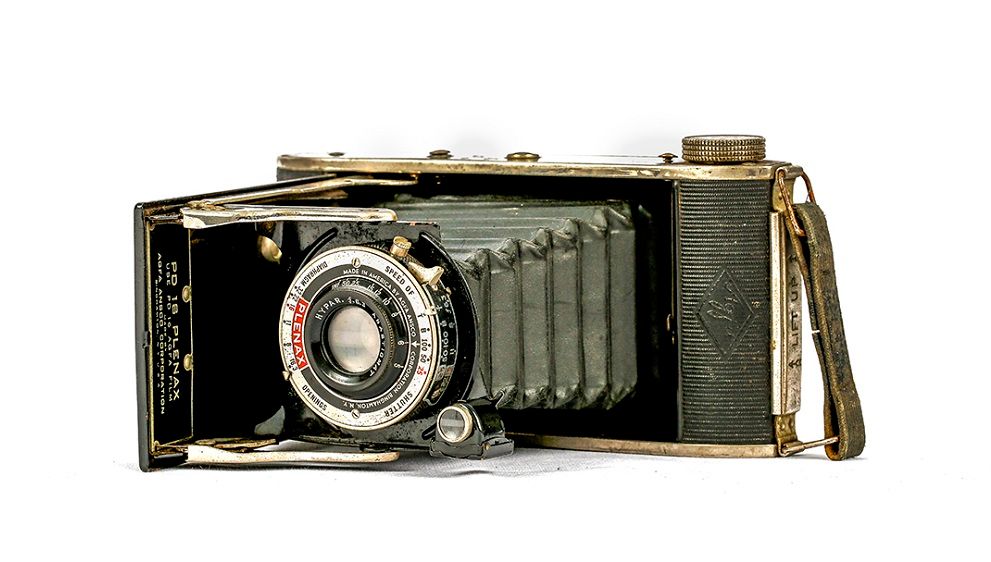PhotoMuse, a first-of-its-kind museum dedicated to the art, history and science of photography, is situated in the picturesque Kodaly in Thrissur. It offers photographers and enthusiasts a venue for creative interaction and more.
Kodaly, a tiny, nondescript but idyllic hamlet in Kerala’s Thrissur district, houses India’s first Photography Museum, PhotoMuse. Founded by Unni Krishnan Pulikkal, a physician, the institution functions as a hub for photographers from Kerala and beyond. PhotoMuse is not your run-of-the-mill museum; it is arguably India’s first public museum “dedicated to the art, history and science of photography”.
“The idea occurred to me while visiting the George Eastman Museum at Rochester, USA, in 2009,” says Unni Krishnan. “It was later reinforced during my visits to the photography and art museums in New York and Berlin. I understood the role museums play in preserving the various histories that form the basis of our culture. I wanted a similar museum that could perform the same roles for my countrymen.”
Unni Krishnan started as a nature photographer and later focused on studying butterflies. Still, despite his expertise in the technicalities of the craft, competence in his chosen field of study, and producing high-quality work, a stage came when the physician photographer realised his passion had hit a wall. What next? he asked himself.
The answer came during a discussion Unni Krishnan had with his mentor (whom he calls “Guru”) Herbert Ascherman Jr. of Cleveland in the US, during a photographic journey. “Any art form has two levels of mastery — craftsmanship and pure artistry. Craftsmanship is mastery in the existing practices, and artistry is the creative side of it — creating something new with a unique vision,” says Unni Krishnan. “Once a person has achieved technical mastery, the “what next” question becomes a catalyst that takes him to the next level — that of an artist.”
A treasure trove for photography enthusiasts
Unni Krishnan joined hands with his friends Nandakumar Moodadi, a photographer, Pradeep Kumar Menon, cinematographer and filmmaker, Praveen P Mohandas, architect and Biju Ramankutty to start PhotoMuse. The physical museum has more than 13,000 objects in its collection, consisting of photography equipment, antique prints, films, transparency films, negatives, collections in digital format and books on photography.
The prints include Daguerreotypes, Ambrotypes, Calotypes, Tintypes, Platinum Prints, Silver Halide Prints, Chromogenic Prints, etc., while the museum also boasts of antique camera collections from the 20th century onwards. Cameras such as Minox Spy Camera, Bilora Special Box, Mamiya C 220, Agfa Isoly, Leica DBP MDa, Graflex Stereographic, Gauthier Calmbach Gmbh, and Vageeswari Field Camera vie for space among the many more popular brands of vintage cameras. These are preserved in climate-controlled conditions to prevent damage and deterioration due to dust, humidity, and temperature.
Preserving India’s photography legacy
PhotoMuse aims to document, preserve, interpret and promote the natural, cultural and scientific inheritances through the medium of photography and its history, while preserving India’s photography legacy. The museum also has a collection of albums, photo books, posters, postcards, leaflets, motion pictures, digital photographs, and digital/printed documents related to photography.
PhotoMuse is managed by Better Art Foundation, a non-profit public charitable trust, and has conducted more than 250 events on photography. These include seminars, exhibitions, workshops and nature educational camps. Recently, due to the Covid-19 pandemic, the programmes are held online every Saturday. Activities such as portfolio evaluation of members and deep-dive sessions on the technical aspects of photography are held in addition to the programmes concerning the aesthetics and history of photography.
Members visiting the social media pages of PhotoMuse; the online visitors to the museum, will get exposure to various professionals (cinematographers, activists, photojournalists, and award-winning photographers).
The interactions have been categorised as Alchemy, Artist Talk, Bioscope, Portfolio Reviews, Photo Reviews and Ask the Mentor. The latest concept to be introduced is My Art, where artists from different fields discuss their art and how they conceptualise their projects, with a live interactive audience.
Going global
PhotoMuse has conducted an International Exhibition — Open Origins – Open Ends — in three editions, featuring works of over a hundred international photographers as well as Indian artists and has an exchange program with the Cleveland Photo Fest, and the Industry and Film Museum, Germany.
Regular outdoor camps are also arranged where photo enthusiasts travel to a location and get a feel of the on-site experiments with techniques they have learned, besides participating in classroom sessions held by experts and advisors. The Museum has various levels of sponsorship memberships and ordinary membership programmes with different degrees of privileges and facilities for the members. It also publishes a Museum Journal covering contemporary photography and art.
PhotoMuse is on expansion mode now. It has acquired a plot and a building to enable a more spacious display of the collection. The museum also engages with governmental agencies to popularise photography and its advantages in various domains for the benefit of society. “PhotoMuse is just in its infancy,” says Unni Krishnan. “I foresee a state-of-the-art institution that documents, researches, educates, interprets, exhibits and preserves the nation’s photographic as well as cultural history. It should thus become the torchbearer for nurturing a generation that loves art, cares for nature and respects humanity by their cultural understanding.”

